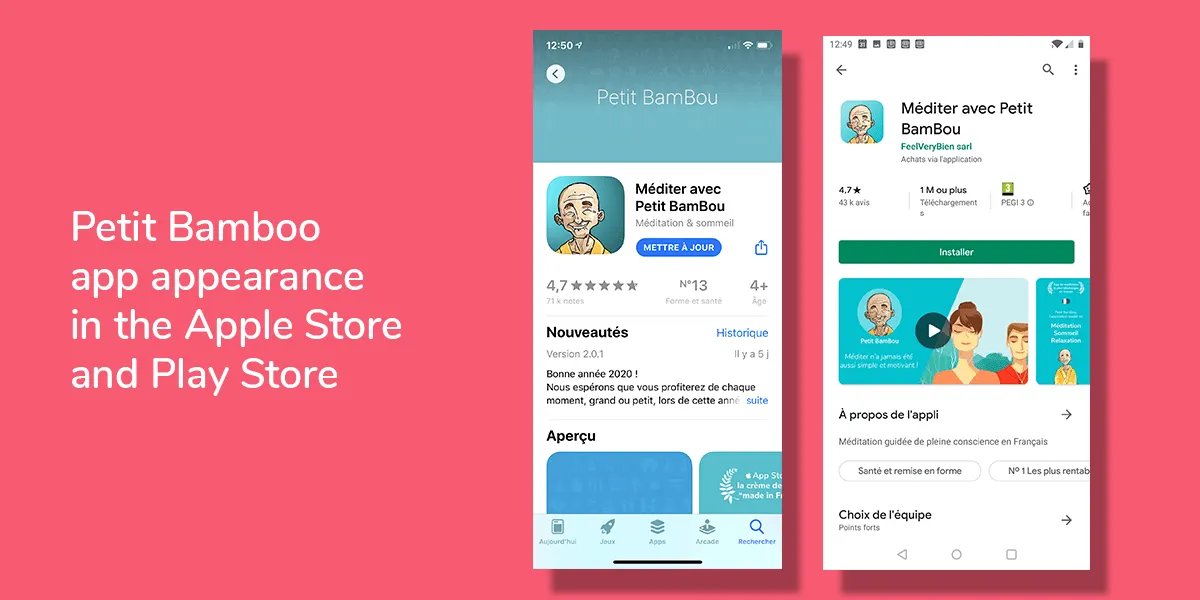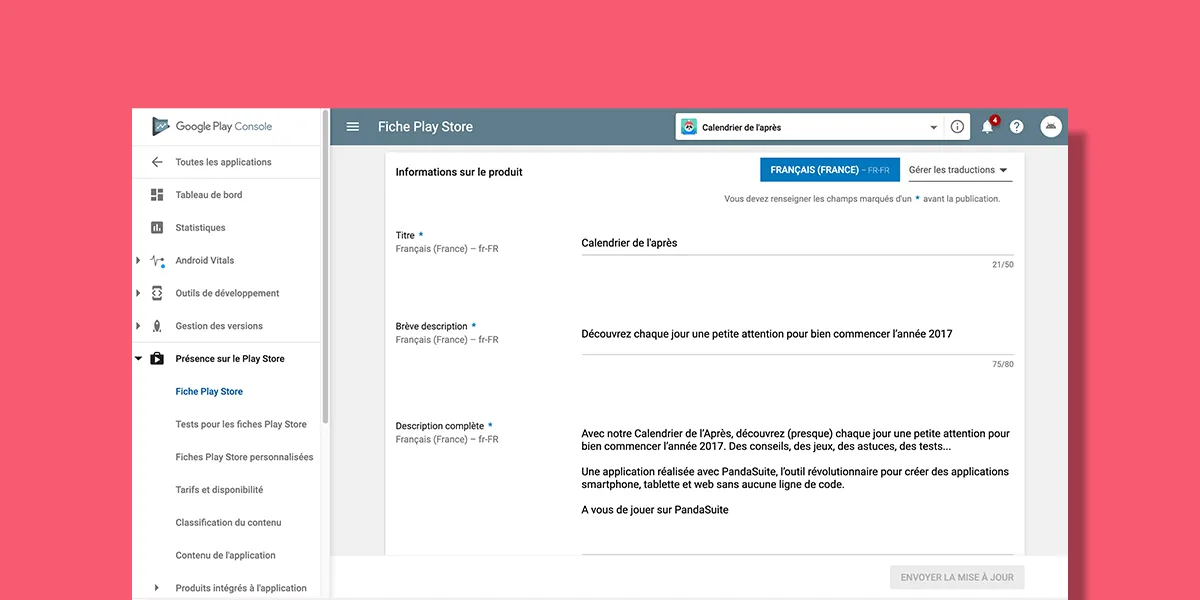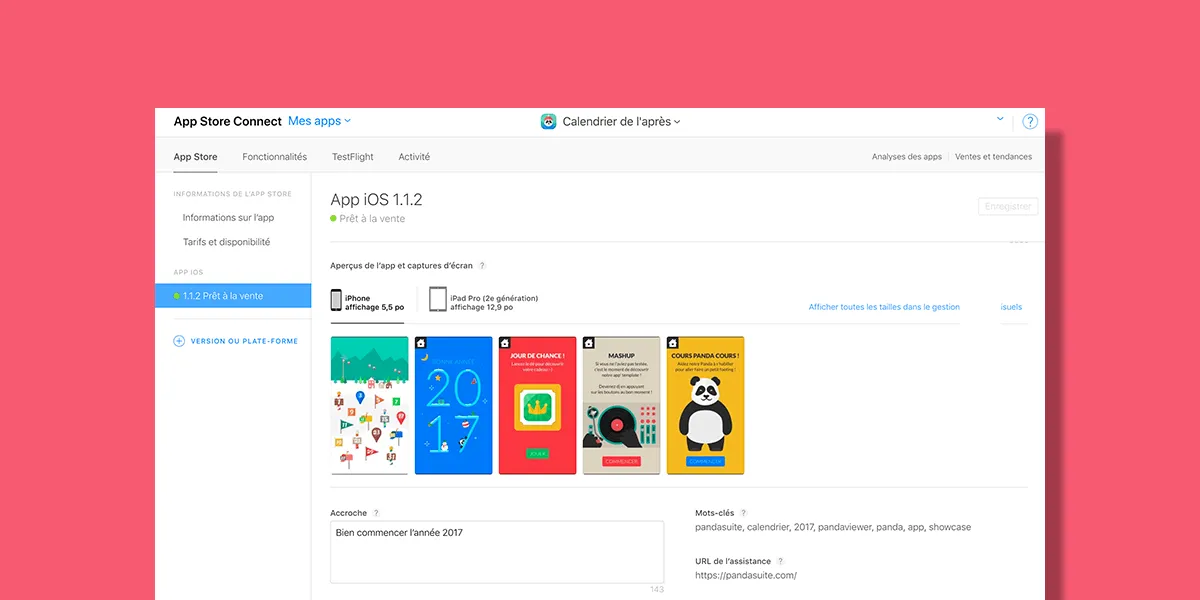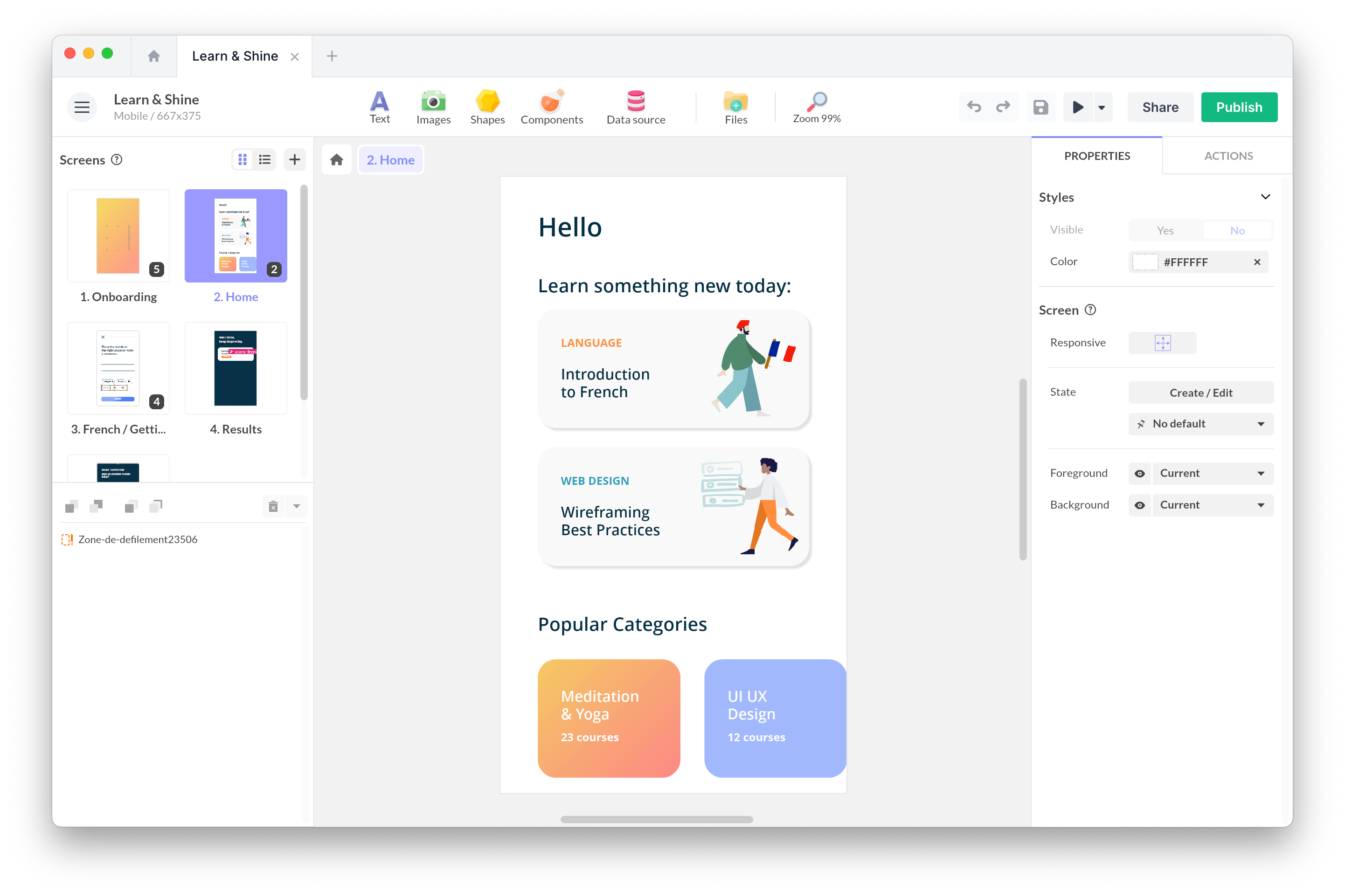Tue, Jan 14, 2020
Tips for App Store Optimization (ASO)

If there’s one topic that’s constantly evolving and challenging to master, it’s App Store Optimization (ASO). The recent issues with Play Store updates (now resolved) highlight the critical importance of ASO techniques and the growing influence of algorithms.
Even if you don’t aspire to dominate the app store rankings, ensuring your app is well-optimized and competitive for key search terms is crucial. Consider, for example, the number of apps competing for the keyword ‘magazine.’
With our latest article now practically ancient history, here’s an overview of the latest best practices, based on recent testing.
What is App Store Optimization (ASO)?
Just like SEO for your website, App Store Optimization helps increase your app’s visibility in search results by leveraging effective marketing techniques and strategic keywords. A well-executed ASO strategy will make your app more discoverable, ultimately leading to more downloads.
Your ASO strategy should be implemented from the moment you submit your app to Google Play and the Apple App Store. Before sending your app for review, you’ll need to complete a description form. The information you provide—such as the title and description—will be crawled by search algorithms, determining your app’s ranking in search results. These elements, along with your app’s logo and screenshots, also help visitors understand your app’s content and entice them to download it.
Remember, downloading an app is a significant decision for users—it’s a commitment of their valuable storage space. It’s up to you to convince them that your app is worth it!

Best Practices
Keywords: The Foundation of ASO
Just like with your website, keywords are essential for a successful ASO strategy. Your first task is to identify the right keywords—terms and phrases that accurately describe your app’s content. Start with a broad list of 20 to 30 keywords, then narrow it down to around 10. Tools like Ubersuggest and the Google Keyword Planner can help with this process.
Once you’ve selected your keywords, incorporate them into your app’s title, description, and keyword category. On the Play Store, it’s crucial to repeat your main keywords 2 to 5 times for maximum impact.
A Creative and Descriptive App Name
A compelling app name adds value, but remember that algorithms favor titles that include relevant search keywords. Finding the right balance is key! The iOS App Store limits titles to 30 characters, while Google Play allows up to 50 characters. On iOS, you can also use a subtitle, which is a great opportunity to further optimize with additional keywords.
The Description: Two Approaches
The Google Play Store separates the short description (up to 80 characters) from the long description (up to 4,000 characters). Pay special attention to your short description, as it’s what visitors will see first; the long description is only visible if they choose to read more. Google strongly recommends including your keywords in both fields. You can also enhance your description with rich formatting options (HTML), such as h1, h2, h3, bold, italics, underline tags, and even emojis.
On the Apple App Store, while the description doesn’t directly impact rankings, a well-written one can still enhance your app’s appeal.

App Promotional Text and App Store Keyword Field on iOS
The App Promotional Text is a 170-character field that allows you to make a compelling case to visitors, though it isn’t indexed in search results.
The App Store Keyword field, on the other hand, is critical for search optimization. Here are some guidelines to follow:
- Use all 100 characters.
- Separate each keyword with a comma.
- Avoid spaces, articles, and prepositions.
- Use singular or plural forms as needed.
- Don’t repeat keywords.
- Use numbers instead of spelling them out.

Ratings, Reviews, and Downloads
User feedback—through ratings and reviews—plays a significant role in your app’s SEO on the app stores. Don’t hesitate to encourage your users to leave reviews, as this not only boosts your app’s visibility but also serves as social proof for potential new users. Additionally, the more downloads your app has, the more it’s perceived as high quality, leading to better rankings and visibility. Patience and effort are key!
This article is based on a variety of sources that helped us compile these insights:
- Making the Most of Your Product Page https://developer.apple.com/app-store/product-page/
- Create an Attractive Google Play Store Listing to Boost Installation https://developer.android.com/distribute/best-practices/launch/store-listing?
- App Store Optimization Tips & Checklist (2020 ASO Guide for iOS & Google Play Apps) https://www.meatti.com/blog/app-store-optimization-tips/
